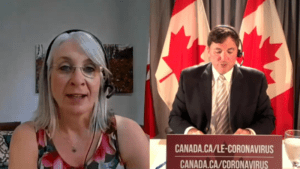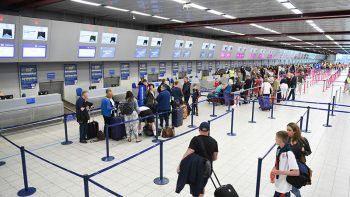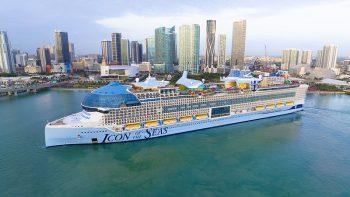
Fully-vaccinated Canadians will no longer be required to stay in a hotel quarantine or to self-isolate for 14-days.
The changes to Canada’s border restrictions were announced Wednesday at a news conference with Intergovernmental Affairs Minister Dominic LeBlanc, Health Minister Patty Hajdu, Minister of Public Services and Procurement Anita Anand and public health officials.
Hajdu congratulated Canadians for their “astronomical work” and “sacrifice” helping to stem the spread of the virus before confirming the Prime Minister’s earlier remarks this week that the government was planning on a “phased approach” to relaxing travel restrictions.
While leaving the door open to reversing changes if case numbers or vaccination rates fail to continue to progress, she confirmed that, in “in the first week of JUL,” fully vaccinated arrivals will not be required to go into hotel quarantine. However, they will still require a negative pre-departure test, a test on arrival, and a quarantine plan for the 3 days until that arrival test returns.
LeBlanc added that the first phase would apply to “those authorized” to enter Canada: citizens, permanent residents and workers.
Hajdu confirmed that the relaxed rules would not apply to inbound tourists, saying Ottawa is, “not changing anything yet for right of entry to Canada.”
In addition, Canadians who get vaccinated abroad should note that the changes only apply to those who have been vaccinated with Health Canada-approved vaccines.
In terms of future phases and more changes, including when tourists may be allowed to enter Canada, the ministers reiterated the government’s approach was “cautious”.
They declined to provide any prediction of dates for future phases and changes to border restrictions, saying they would follow case and vaccination metrics and consult with the provinces.
LeBlanc reiterated Ottawa is still working on some kind of “national document” or “vaccine passport” to verify vaccination status.
While he said, “Possibly the national vaccine passport… may not be ready at the beginning of JUL,” that won’t prevent the changes in rules from taking place.
Until the “technical details” are sorted out, LeBlanc said Canadians would have flexibility to prove their vaccination status and border agents would have the authority to make decisions.





